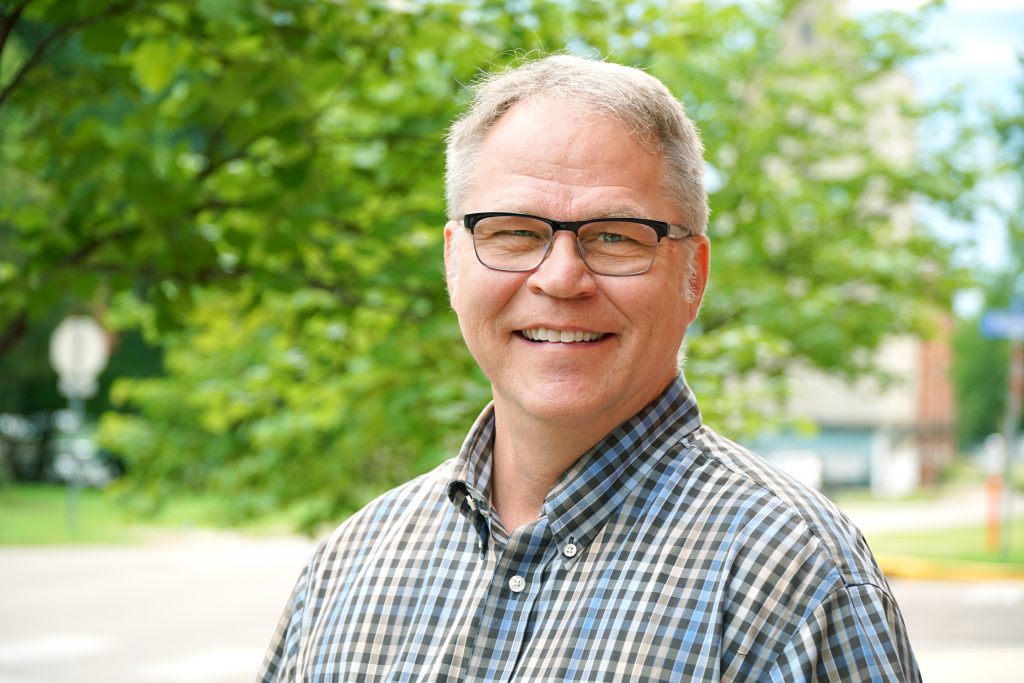Drew Brooks – Faith Partners Director
I was asked by a longtime friend and colleague to write my thoughts about helping clergy develop a “sixth sense” to respond to people experiencing addiction in their families. Or more in their words – how do I find people with problems and get them where they need to go. I immediately had a check in my spirit that this was not the proper position to put clergy into, especially those who are new to the dynamics of addiction or mental health issues within a family.
I didn’t answer right away letting my thoughts percolate for a while and soon my past training and experience started to seep into my consciousness. I could hear my counselor training supervisor talking about the dangers of accepting the role and responsibility of a “change agent”. A change agent tends to want to prompt change in others, often resulting in taking on some ownership of these changes – if there is positive movement we feel successful and if there is no movement or backsliding we tend to have feelings of guilt or inadequacy. This is a slippery slope!
We can fall into the trap of feeling responsible for the person and their situation versus responsible to the person in these situations. When we come from this position we are often operating out of our own needs and are inclined to want to fix, protect, rescue, control, carry their feelings, and often stop listening. In these times, we need to respect the person enough to not take on their problems and instead help them find the needed resource and their own personal solutions.
My suggestions to her were three-fold. First off, anyone, clergy included, needs to understand their own relationship to addiction – as a person with their own unhealthy attachments or having grown up in a family system with these issues. Ultimately, to know, understand, and accept our own stories – in other words, to be comfortable with our own stories in our own skin. As a result, we operate less out of our own needs with fewer “blind spots”.
Secondly, once the unknown scales have fallen from our eyes and we can see more clearly – we are better able to use all of our senses: taste, smell, sight, hearing, and touch to identify the possible signs and symptoms. Signs are, for example, observable behaviors used not to diagnosis for non-professionals, but to share concern about witnessing possible changes of behavior. While symptoms tend to be physical ailments or internal issues that are self-reported. A person’s sharing of symptoms needs a safe environment that the clergy can create through their preaching and teaching and/or congregational members with “lived experience” can share their stories in various congregational settings.
Lastly, when a clergy understands their own story, creates a safe environment to have the conversation on whatever the issue the person brings. It is meeting them where they are in their need (not your need), experience, and understanding. It is asking sometimes probing or assumptive questions. It is not uncommon for the person who darkens the clergy’s doors to talk about parenting issues, financial problems, or spousal conflicts. These can be just the presenting problems – call it a “sixth sense” or just courage to ask the needed questions that might lead to revealing underlying problems with substances, other addictions, or related mental health problems.
In summary, the initial posture described seems to come from a position of personal need or power with a desire to pursue the person with the addiction – the second is to create a safe space both in personal relationships with congregational families and creating a safe environment for individuals affected or afflicted to step into a pastoral care situation based on their own timing and needs. The best ‘rule of thumb” with exercising our intuition is when in doubt – check it out. In other words, don’t be afraid to act on your intuition or “sixth sense”, but make sure you confirm it by asking enough questions and ultimately, getting them to the help they need.
Drew Brooks is Executive Director of Faith Partners, a national organization that equips people of faith to serve with an informed, compassionate response to the risk and prevalence of addiction.

